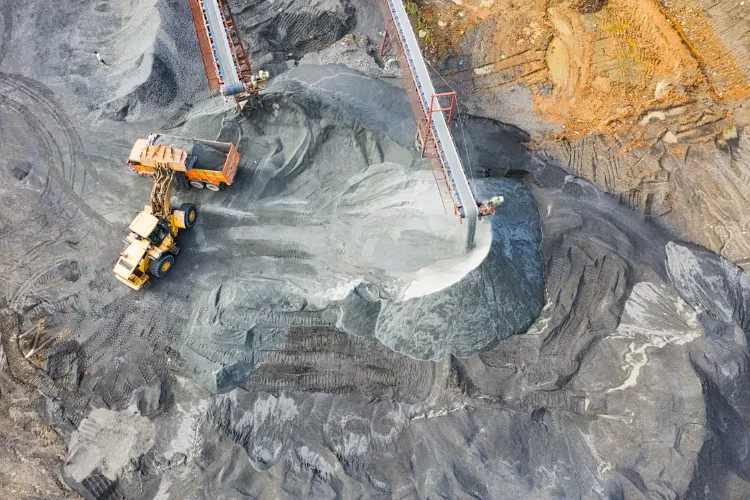
Balochistan
As the United States and Pakistan move forward with a new mining and minerals deal, experts warn the agreement will inflame tensions in Balochistan, a region already gripped by decades of violence, military occupation, and the denial of basic human rights.
According to The Diplomat, the US strategic interest in Balochistan is rooted not in development or diplomacy but in geopolitical rivalry with China, and at the cost of the Baloch people.
The mineral-rich region holds some of the world's largest untapped reserves of copper, gold, lithium, and other critical minerals essential for modern warfare and surveillance technologies. The US military, as The Diplomat notes, is the world's largest consumer of these minerals. And as competition with China over global supply chains intensifies, Washington's gaze has turned sharply to Balochistan.
But to extract these resources, the US must either confront or suppress the ongoing Baloch struggle for self-determination, a resistance movement that has repeatedly rejected all foreign investments imposed without local consent.
The Diplomat highlights that past mega-projects, such as CPEC, Reko Diq, and Saindak, have brought no tangible benefit to the Baloch people. Instead, they have resulted in displacement, militarisation, and environmental degradation. The new US-Pakistan mining deal, many fear, will follow the same path, deepening repression under the guise of development.
With the return of Donald Trump to the presidency and his recent meeting with Pakistan Army Chief General Asim Munir, Washington seems poised to renew military and economic ties with Islamabad. Trump's focus on "massive oil reserves" in Pakistan, while misleading, serves as cover for more strategic aims: dominating the region's mineral wealth and countering China's influence, particularly in Balochistan.
As The Diplomat reports, China's own ambitions have already been met with fierce armed resistance from Baloch groups. Suicide bombings, attacks on infrastructure, and targeted strikes have crippled parts of CPEC, and similar hostility is now likely to greet US-backed ventures.
A 2024 article by Daniel Runde, cited by The Diplomat, made the case for expanding US-Pakistan ties via mining, arguing that Balochistan is "underexplored" and critical to US interests. But that strategy ignores the political reality: Balochistan is not an unclaimed frontier; it is a land under siege, where its people demand sovereignty, not foreign exploitation.
Pakistan, meanwhile, is financially desperate. Trapped in cycles of IMF debt and economic collapse, it is eager to trade natural resources and land in Balochistan for short-term foreign capital, regardless of the long-term cost to its most oppressed region.
As The Diplomat warns, any deeper US involvement will not stabilise the region; it will amplify violence, worsen militarisation, and fuel the ongoing repression of the Baloch people. For a nation that already treats Balochistan as a colony, American support only emboldens Pakistan's extractive and authoritarian policies.
READ MORE: Youth Icons of new India in the 2000s
The message from Baloch armed groups is unambiguous: no foreign investment is welcome without Baloch consent. Ignoring this will turn mining sites into battlegrounds and diplomacy into another chapter in the region's long history of betrayal and bloodshed.
